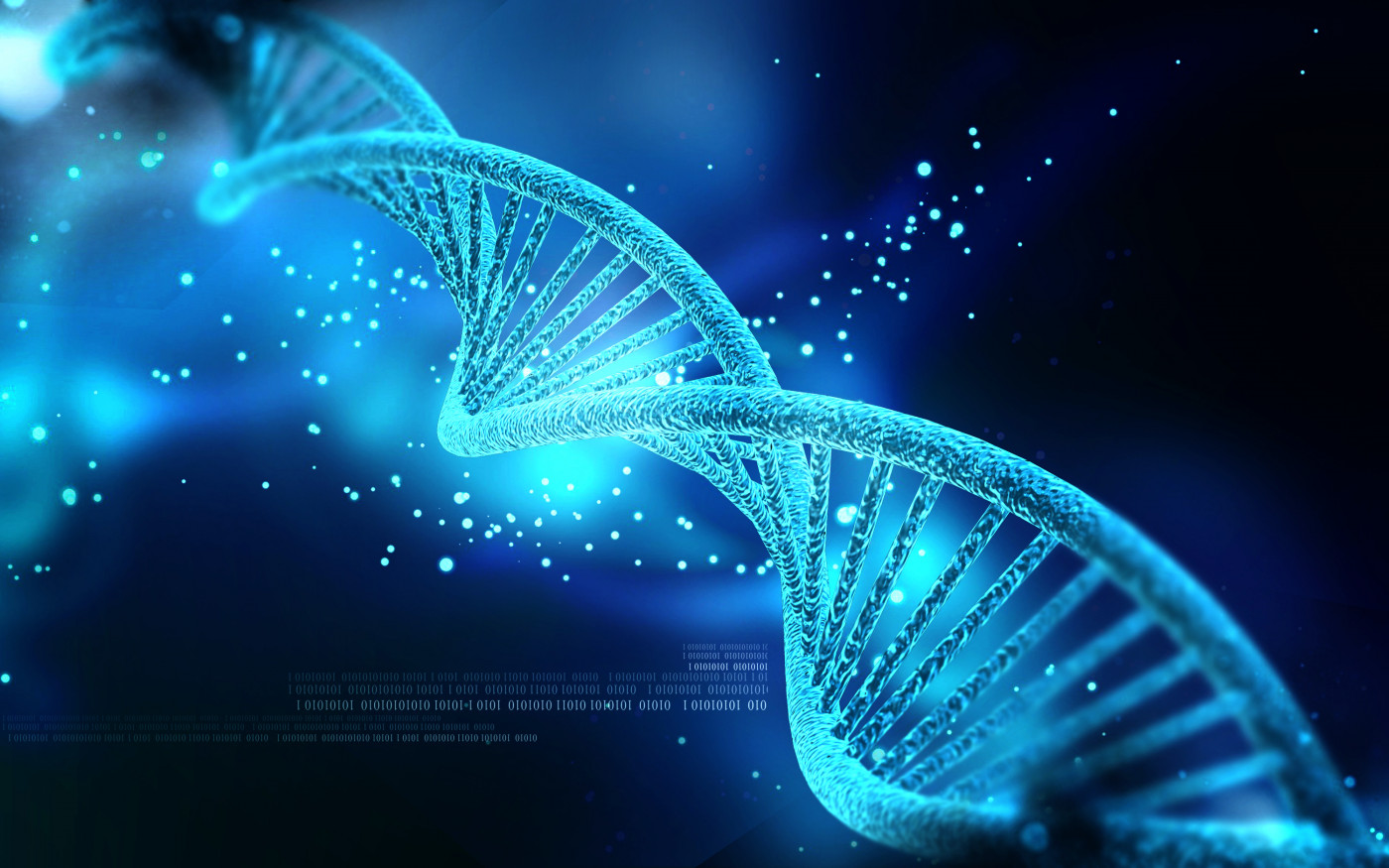Krystal Files Application to Start Clinical Trial of Gene Therapy Candidate KB103

Krystal Biotech has submitted an investigational new drug application with the U.S. Food and Drug Administration (FDA) to start a Phase 1/2 clinical trial of its lead gene therapy candidate KB103 for the treatment of dystrophic epidermolysis bullosa (DEB).
FDA approval of the application would enable the company to assess KB103’s safety, tolerability, and effectiveness in clinical trials. The study already has been approved by the National Institutes of Health’s Recombinant DNA Advisory Committee, which ensures that Krystal’s proposed protocol follows all safety guidelines required to test gene therapies in humans.
DEB is an inherited type of epidermolysis bullosa (EB), a skin blistering disorder. It accounts for about 25 percent of all EB cases and is caused by a mutation in the COL7A1 gene. This leads to deficient levels of type VII collagen (COL7) in the skin. Lack of COL7 results in separation of the outer skin layers (the dermis and the epidermis), with subsequent blistering in the dermis.
KB103 is a modified, non-infectious viral vector (HSV-1) gene therapy based on the herpes virus structure. It was designed to deliver the correct, functional, human version of the COL7A1 gene directly to the skin cells of DEB patients.
Preclinical data showed that KB103 is able to reverse the abnormal behavior of fibroblasts and keratinocytes, two types of skin cells, and to increase the production of collagen.
According to Krystal, its HSV-1 vector is able to penetrate skin cells with greater efficiency than other vectors. Also, it presents a low risk of inducing an immune response, thereby enabling repeat delivery.
KB103 may be applied topically or into the skin.
In January 2018, the U. S. Patent and Trademark Office issued a patent covering Krystal’s HSV vectors and related gene therapies for the treatment of wounds and skin diseases.
“KB103 has the potential to become a first-in-class, ‘off-the-shelf’ topical gene therapy treatment for DEB”, Suma M. Krishnan, Krystal’s founder and COO, said in a press release. “It is the result of an extensive research and preclinical effort by our internal team that included engineering, screening and testing a library of in-house constructed vectors and complementing cell lines.”
In November 2017, the FDA granted orphan drug designation to KB103 as a treatment for DEB.
The potential treatment employs Krystal’s STAR-D platform, which the company uses to develop gene therapies for skin disorders. Krystal is also planning to establish good manufacturing practices (GMP), an FDA-enforced system to ensure quality standards.
“As we look ahead, we believe that the productive STAR-D platform and our intent to bring GMP manufacturing in-house by the end of 2018 will support rapid advancement of clinical programs to treat debilitating skin diseases,” Krishnan said.






